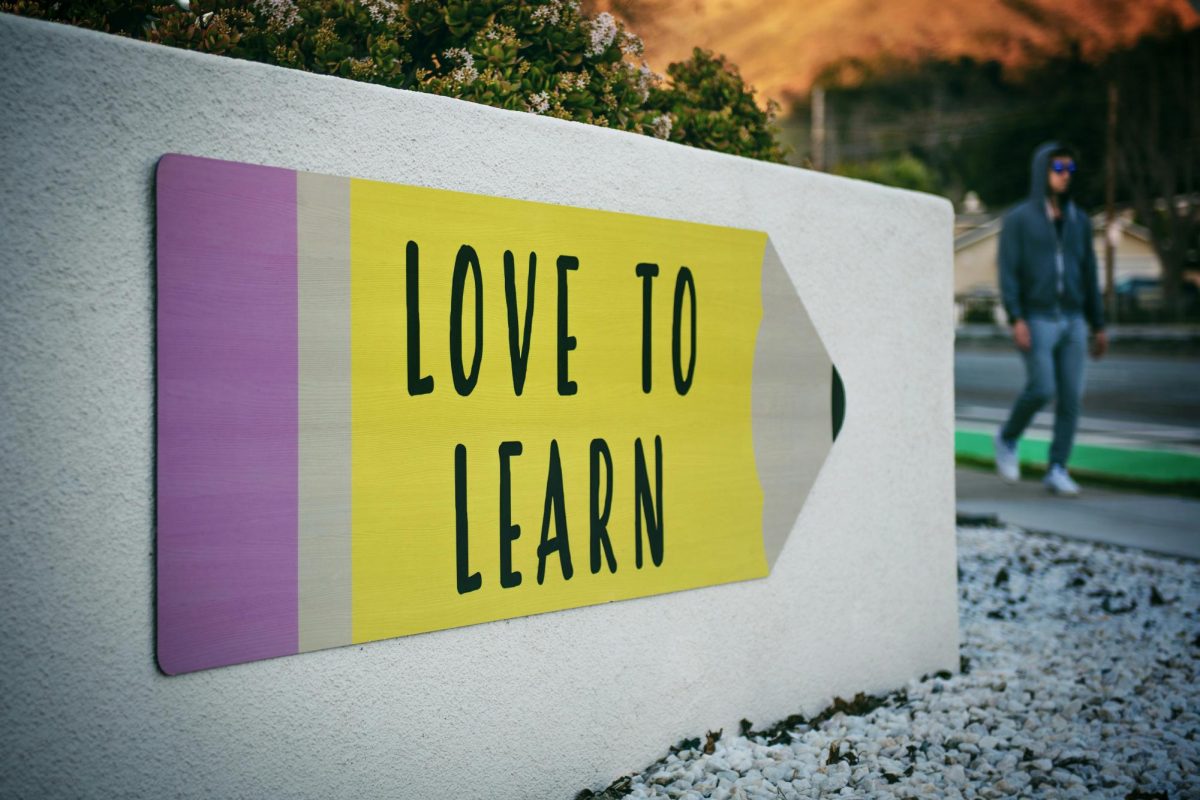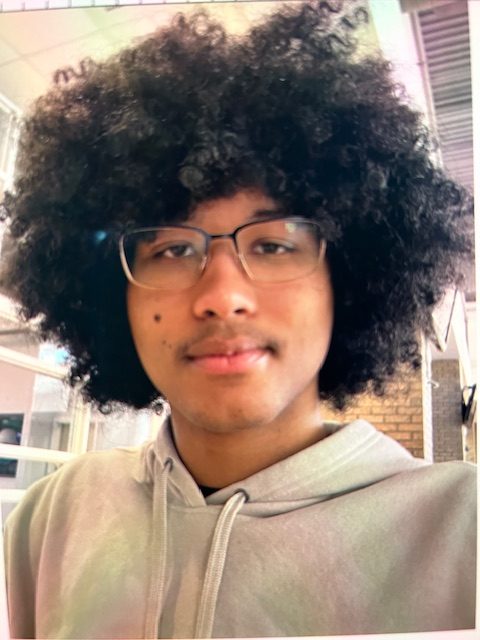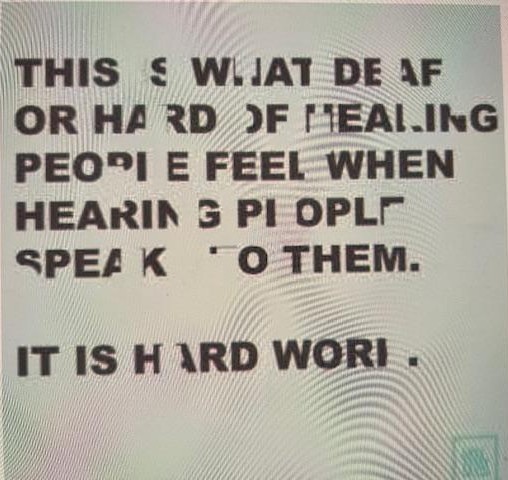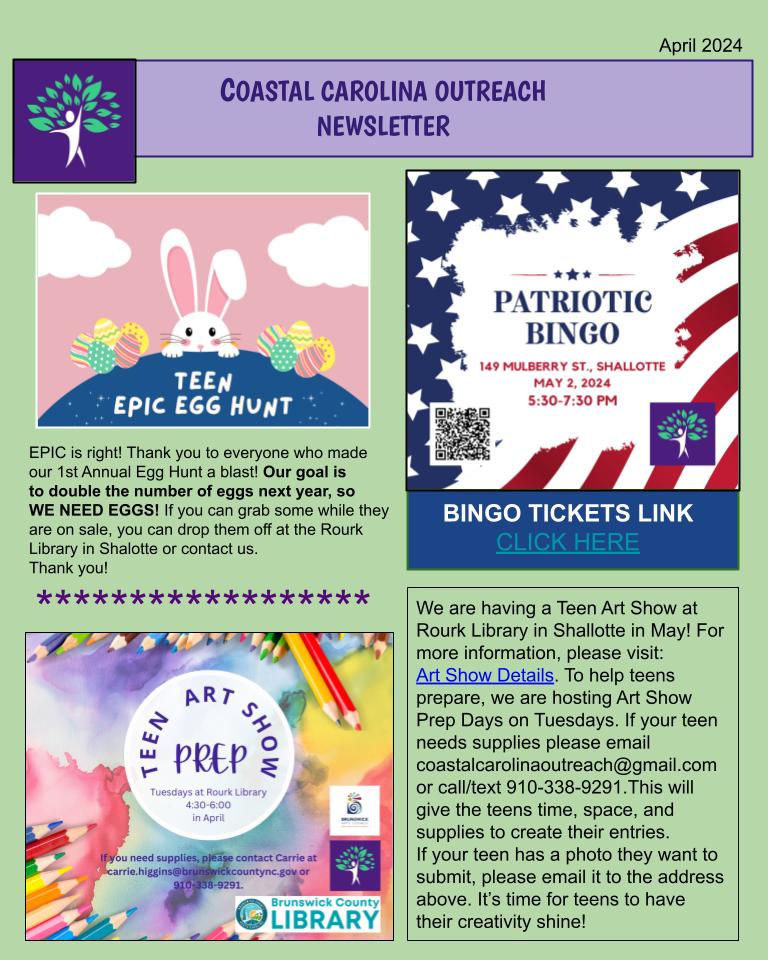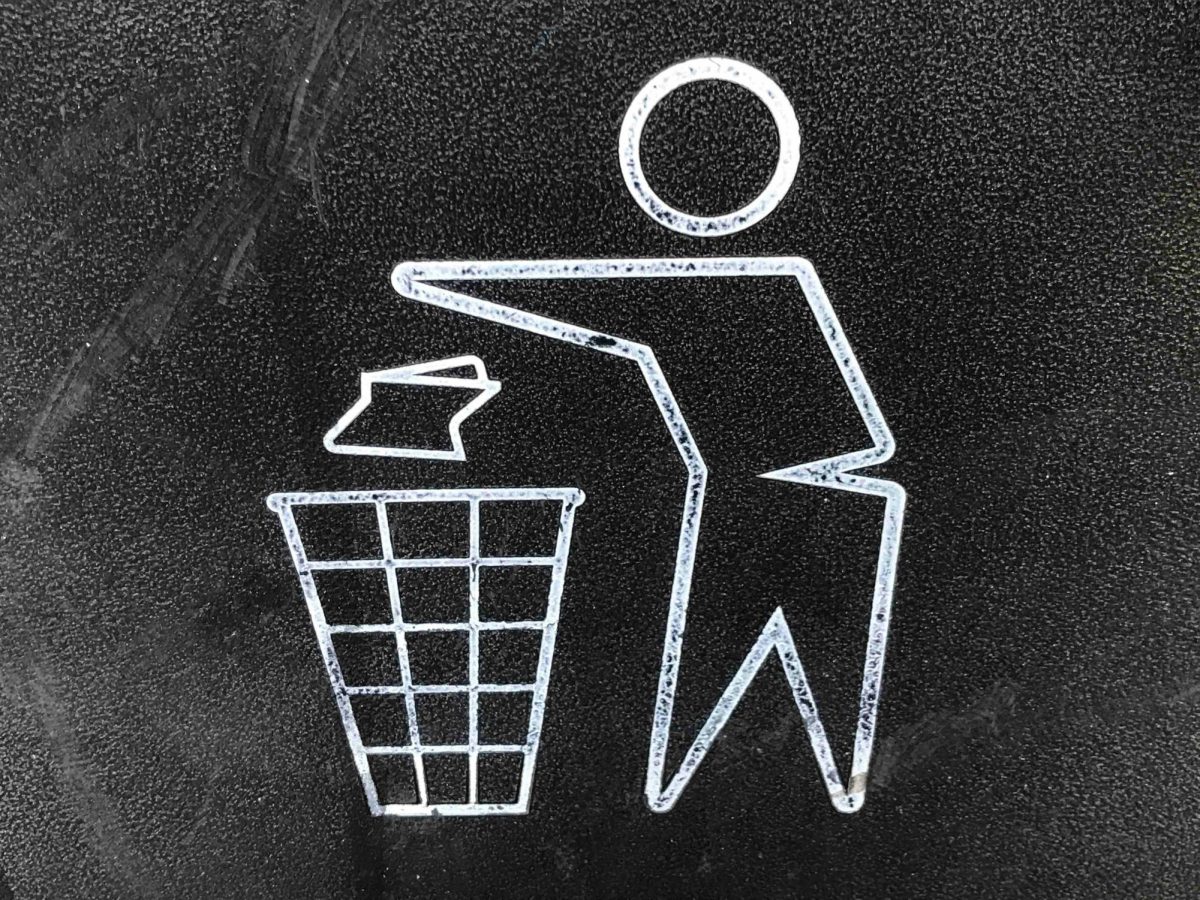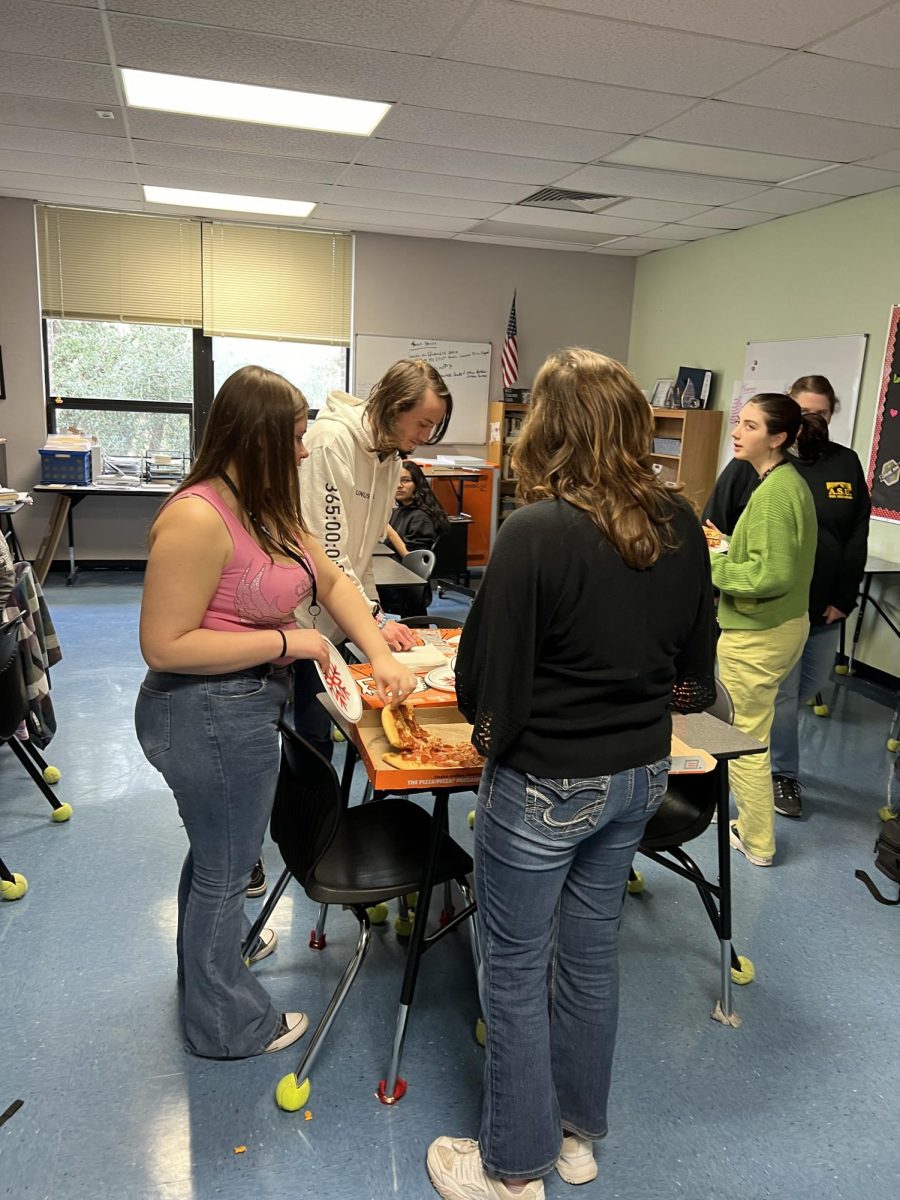“What job?” asked the student. “To learn,” said the professor.
Your parents work every day. Their job is to live a full life in their chosen profession and to provide for themselves and their families. Their abilities to do that are based, in part, on the education they received while in middle and high school. Whether it was knowing how to calculate a problematic calculus formula or how to fit a pipe, they developed the skills that opened the doors of opportunity to them once their formal education ended.
You also work every day. Your job is to absorb as much knowledge as possible to open doors of opportunity once you are out of school.
Ask your parents what would happen if they showed up for work unprepared? What if they were so busy talking to their friends that they never listened to the boss? What if they never had the “tools” of their trade with them? “Sorry, Bossman, I left my tools at home today.” What if they were building a house and one wall was bigger than the adjacent wall because they didn’t read the work plan for getting started? What if the surgeon about to operate on you didn’t have time to study your medical records before your surgery? You get the picture.
Each of those scenarios could be avoided with planning, preparation, and pride of performance. Further, that type of irresponsible worker would not remain employed unless that worker improved their work ethic.
Aristotle, the Greek philosopher, once responded to a question about the need to be educated by saying, “The educated differ from the uneducated as much as the living from the dead.”
The meaning of the quote is that “it underscores the transformative power of education in shaping individuals and society. The quote emphasizes that education goes beyond the mere accumulation of information or credentials. It encompasses a holistic process of intellectual, emotional, and social development.” “It cultivates skills and values that promote lifelong learning, adaptability, and the pursuit of truth.” By comparing the educated to the living, the quote suggests that education breathes life into individuals, enabling them to embrace their full potential and actively participate in society. In contrast, it implies that the uneducated, like the dead, may be deprived of the opportunities for growth, self-realization, and meaningful engagement with the world.” Quote taken from elevatesociety.com.
Your parents are professionals in their chosen endeavors. At this stage of your life, you should strive to be a professional learner. Have a purpose. Set goals. Challenge yourself to be as good as you can be. Do you really need someone to tell you what you know you should do? That’s not being responsible for your actions. Being responsible is doing those things that you need to do without waiting to be told to do them.
As an instructor of Study Skills for a few years, I suggest these basic steps to help you be a professional at learning.
- Commit yourself to learning.
- Set priorities.
- Being an “active” listener is the key. Nothing will appear on any test that has not been discussed in class.
- Take notes in each class. You can’t remember everything the first time. Good, organized notes are the best test review.
- Study test-taking strategies.
- Use personal rewards to achieve goals. (Ice cream works for me.)
- Schedule appropriate times to study.
- Commit yourself to learning. (Warning: learning is a lifetime endeavor.)
- Concentrate on one task at a time.
- Extracurricular activities are not as important as keeping up with daily assignments.
(Source: “Learning to Learn” by Gloria Frender)
Please let us know if you would like Teen Scene, Inc. to offer a 6-week, twice-a-week study skills class for your school or student.

